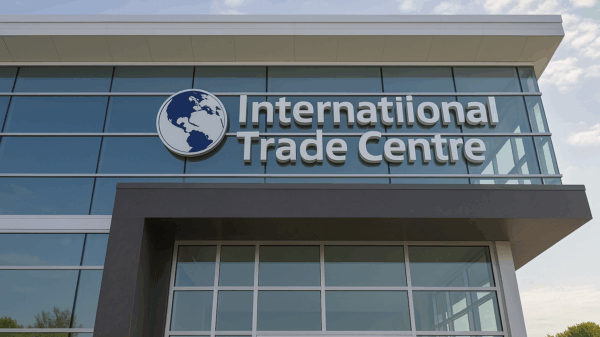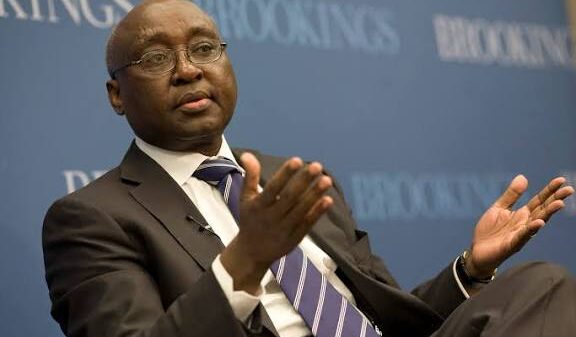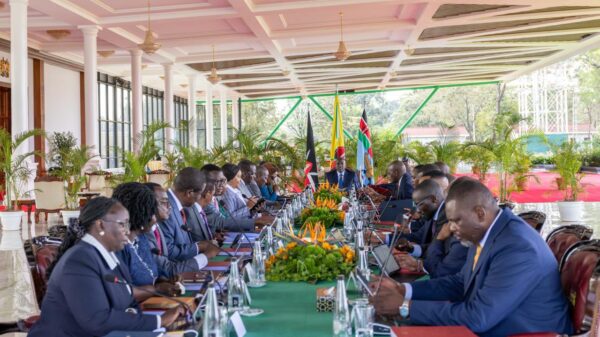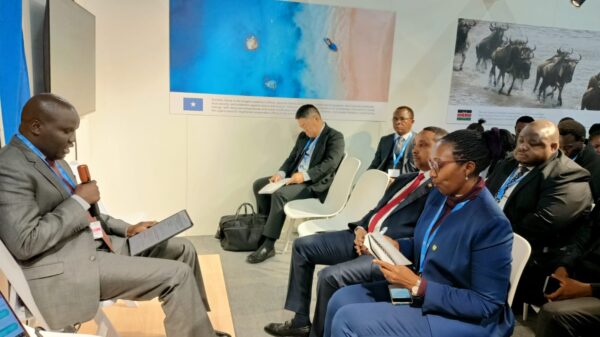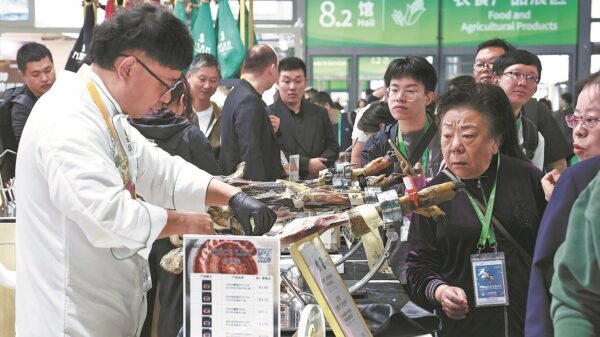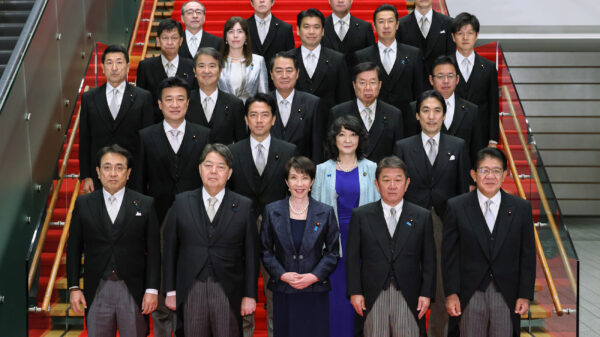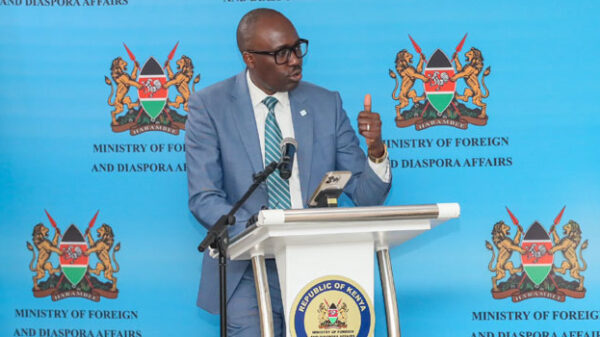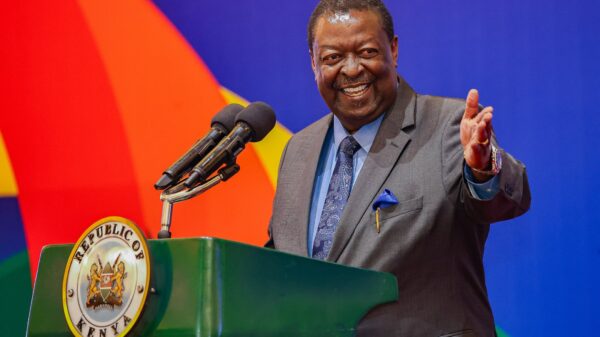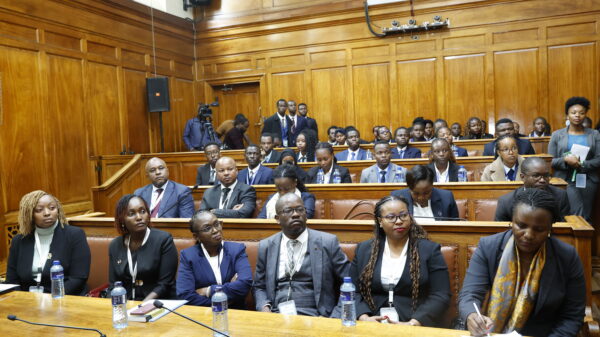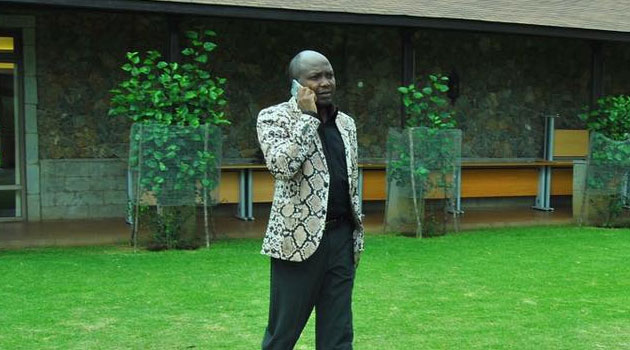NAIROBI, Kenya, Nov 12 — Chief Justice Martha Koome on Tuesday hosted a delegation from the International Court of Arbitration of the International Chamber of Commerce (ICC), led by Secretary General Alexander Fessas, as part of efforts to strengthen Kenya’s position as a leading arbitration and dispute resolution hub in Africa.
The meeting, also attended by Prof. Wayne Mutuma, Chairperson of the Chartered Institute of Arbitrators (CIArb) Kenya Branch, focused on forging strategic partnerships to enhance Kenya’s capacity in alternative dispute resolution (ADR).
“Today, I had the pleasure of hosting a delegation from the International Court of Arbitration of the ICC, led by Secretary General Mr. Alexander G. Fessas, together with Prof. Wayne Mutuma,” Chief Justice Koome said.
“The meeting was both fruitful and forward-looking, focusing on strategic collaboration aimed at strengthening Kenya’s position as a premier arbitration and dispute resolution hub in Africa.”
Koome noted that the discussions explored avenues for capacity-building for judges and practitioners, and for promoting ADR as a viable, accessible, and efficient pathway to justice in Kenya.
“This is critical to the realisation of the multi-door approach to justice in line with the Judiciary blueprint, Social Transformation Through Access to Justice (STAJ),” the Chief Justice emphasized.
The engagement comes as Kenya positions itself as a key player in international commercial arbitration, leveraging its robust legal framework, skilled professionals, and strategic geographical location.
Established in 1923, the ICC International Court of Arbitration is the world’s leading arbitral institution, providing businesses, governments, and individuals with customized services for resolving international commercial and investment disputes.
Though called a court, the ICC does not issue formal judgments. Instead, it administers arbitration proceedings, confirms and appoints arbitrators, monitors processes for speed and fairness, and scrutinizes arbitral awards to ensure quality and enforceability.
The Court operates through offices in Paris, New York, São Paulo, Singapore, Abu Dhabi, and Hong Kong, supported by a Secretariat of more than 100 lawyers and staff.

